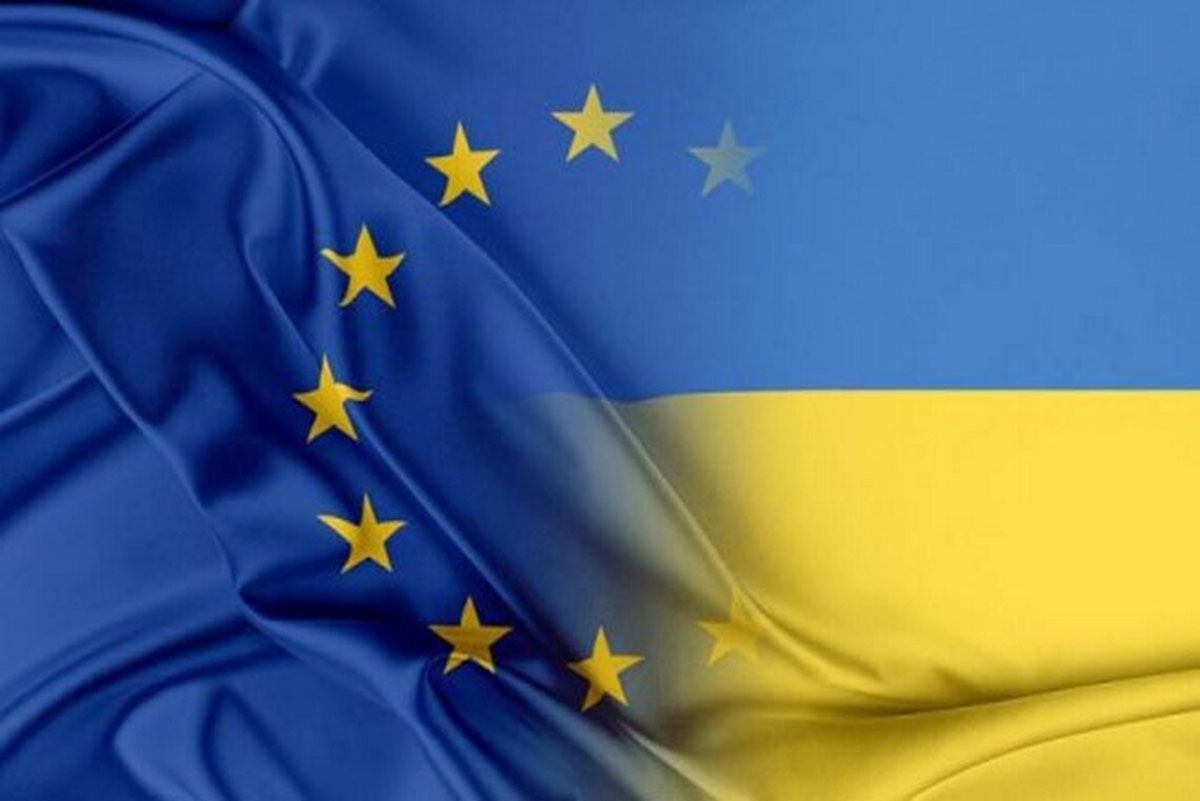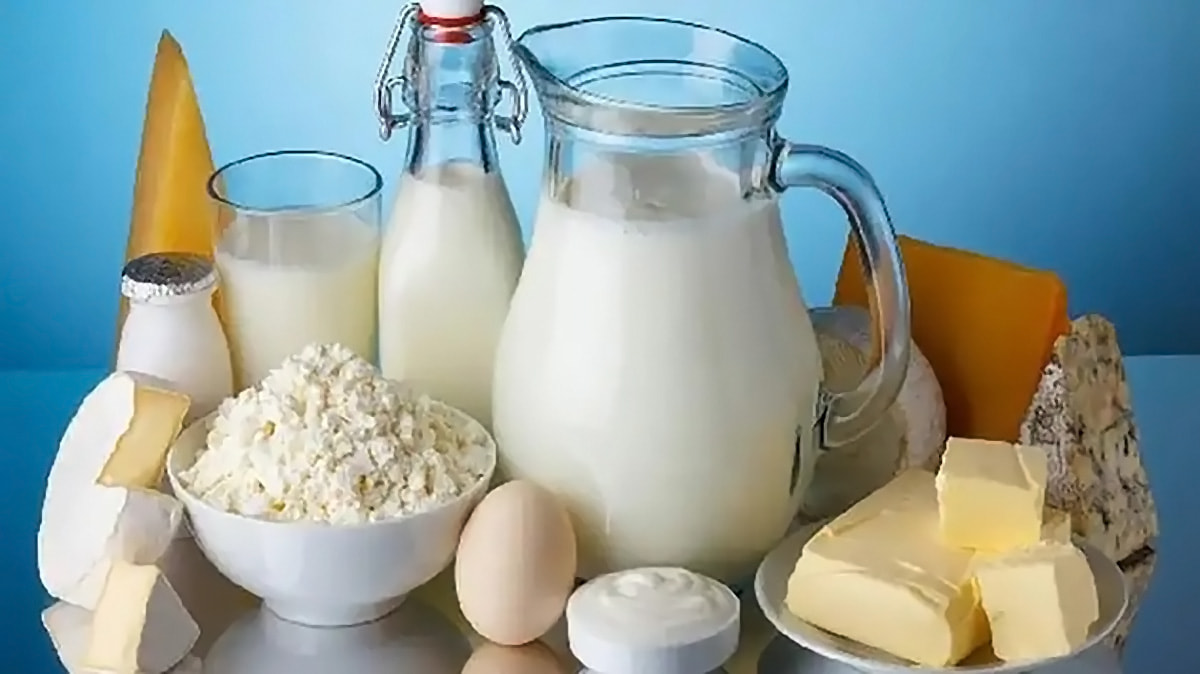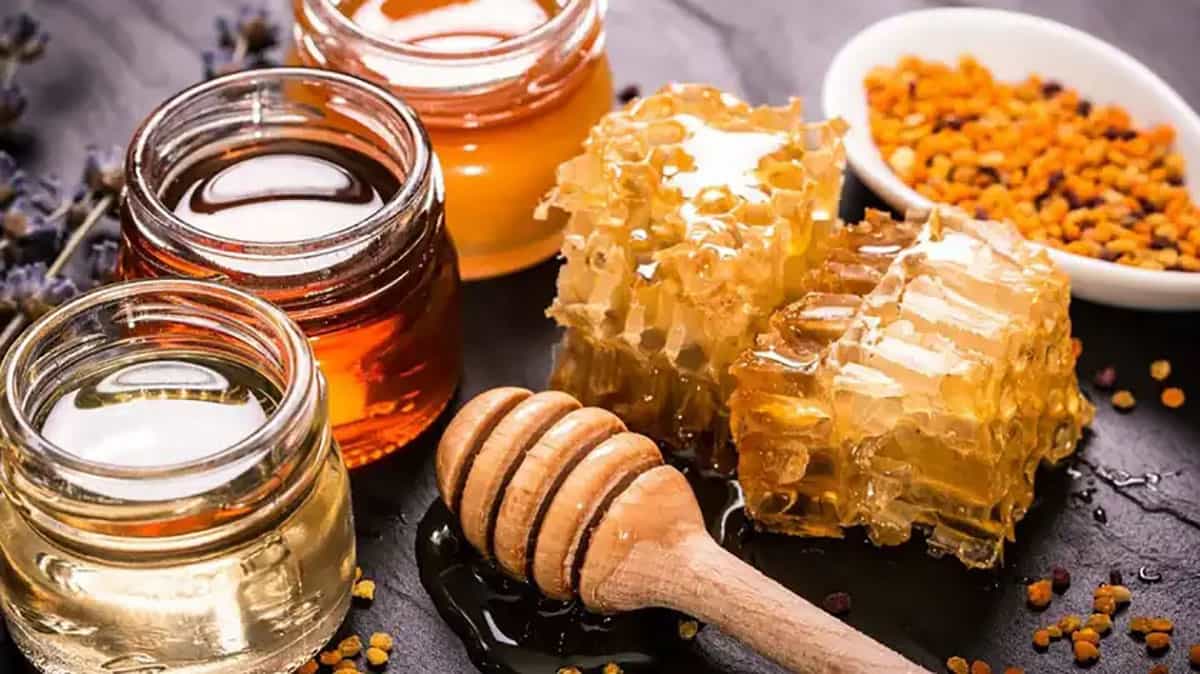
Did you know that some goods can be imported into the EU without paying duties? Today we're talking about duty-free tariff quotas and goods eligible for additional preferences and also read about the new rules for transporting dangerous goods in 2025 in Europe.
An export quota is the maximum volume of production and exports of a certain category of goods. Under the free trade agreement with the EU, Ukraine has obtained duty-free tariff quotas for 36 types of goods, including:

Category of dairy products subject to duty-free tariff quotas
It's worth noting that there is no prohibition on export if the volume of imported goods exceeds the tariff quota. In this case, excess volumes fall under the general import regime of the EU. That is, the duty rate for exports within the quota is zero, while above the quota, it is subject to an import duty as defined by the EU Customs Tariff.
Some Ukrainian agricultural and food products have increased demand in EU countries, so additional preferences have been established for them. These goods include:

Category of goods - honey, falling under additional preferences
To utilize tariff quotas, proof of Ukrainian origin of the goods must be provided, and the availability of unused balance must be checked. Verification is carried out in accordance with the rules for distributing tariff quotas.
Quotas, both primary and additional, are administered according to two principles: "first come, first served" (for honey, processed grain and flour, processed tomatoes, grape juice, oats, etc.) and through the system of import licenses (for wheat, corn, barley, etc.).
In a sign of support for Ukraine in its fight against occupiers, on June 4, 2022, the EU adopted Regulation No. 2022/870, abolishing any duty on Ukrainian goods for one year. Although the consequences for the EU budget were significantly felt, with approximate losses from unpaid duties amounting to 31 million euros and from unpaid anti-dumping duties to 35 million euros, in May 2023, it still extended its effect. The provisions of the regulation are aimed at:
In June 2024, the term of these temporary preferences expires. The logistics company DiFFreight will monitor further developments in trade relations between the EU and Ukraine and share relevant news in our Telegram channel. Follow: https://t.me/difreight_china